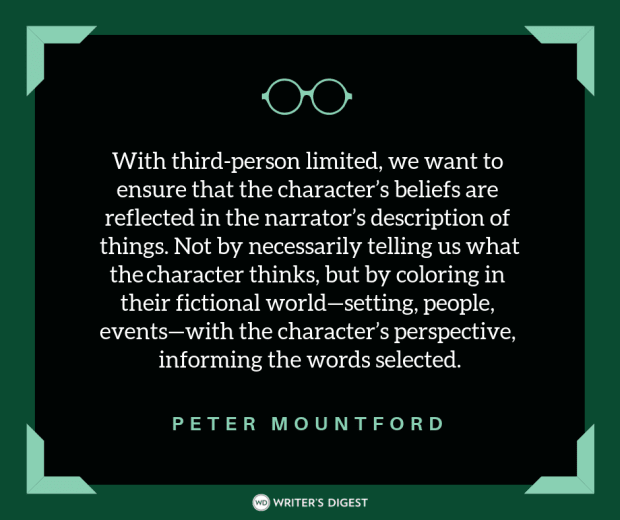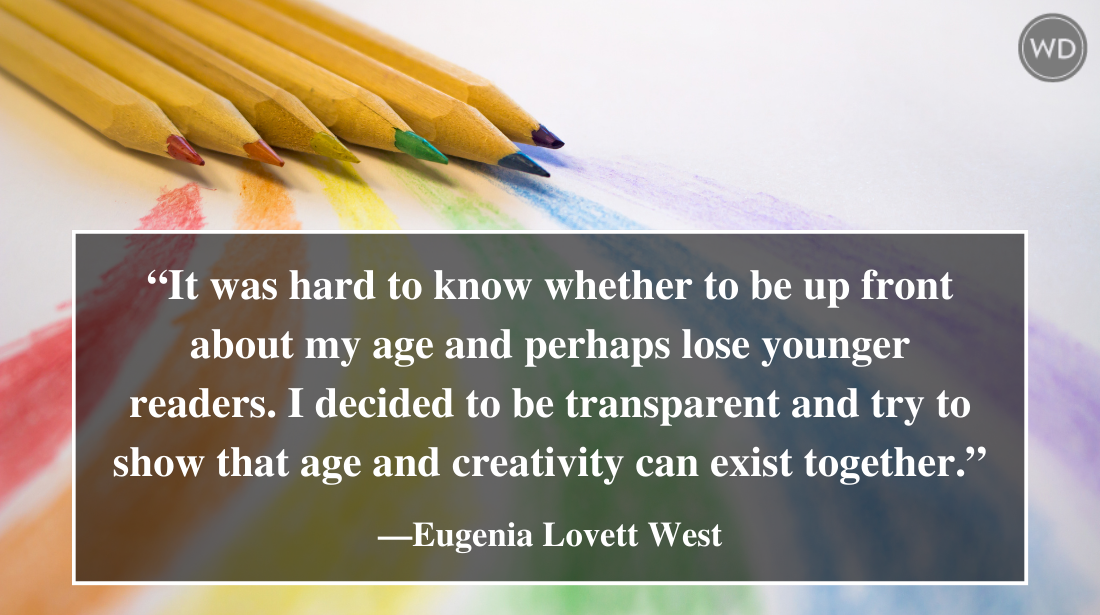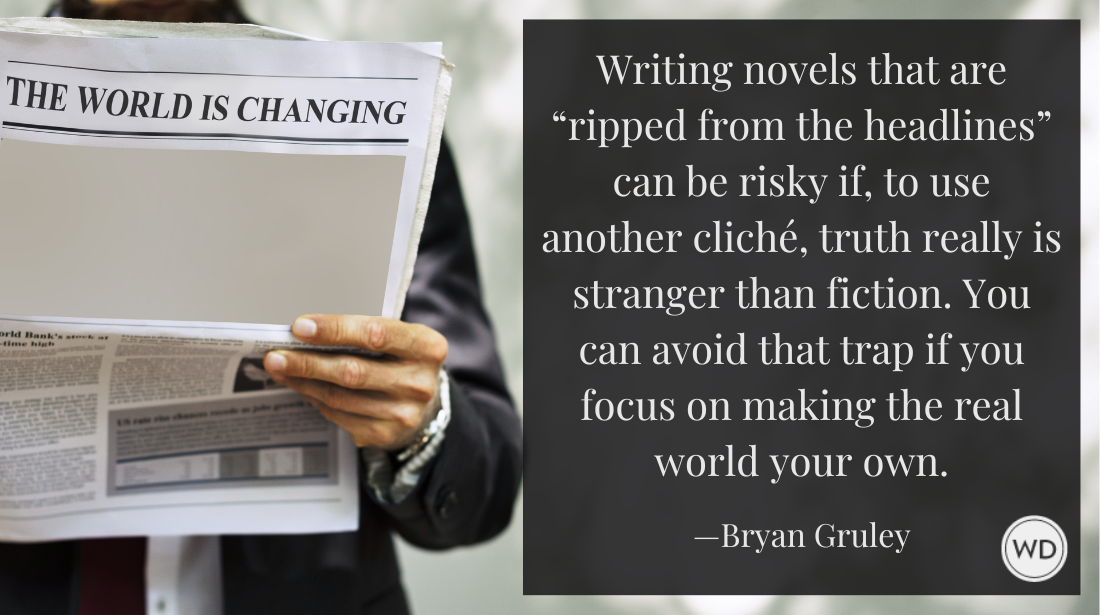The Much Maligned Adverb
Today’s guest post is by Jim Adam, who wrote a wonderful 3-part series on protagonists & goals. Read the part 3 here (which includes links to parts 1 & 2)….
Today's guest post is by Jim Adam, who wrote a wonderful 3-part series on protagonists & goals. Read the part 3 here (which includes links to parts 1 & 2). Visit Jim at his site or follow him on Twitter.
Gabriel
Garcia Marquez, Nobel Laureate, went on record several years ago saying
that he no longer uses adverbs. If he encounters one in his writing,
he removes it. And he's not alone. A lot of writers, editors, agents,
publishers, and academics these days seem to have joined the crowd,
insisting that adverbs should be avoided altogether.
Do some of
these folks remove adverbs from their dialogue too? Not from dialogue
tags, but from the dialogue itself? I'm guessing some of them do. Oops!
Sure,
adverbs can be overused. But if one extreme is bad, the opposite
extreme is just as bad. Balance in all things. Extremism comes in
many forms, and it flows just as easily from a word processor as from
an Uzi submachine gun.
Doing something the same way every time
doesn't require a great artist. It doesn't require a brain. It
doesn't even require something as sophisticated as a computer. A
mechanism of gears and springs, a clockwork automaton, a machine in the
1800s sense of the word: that's all it takes to do something the same
way every time.
Consider the title of this article. I could
easily have entitled this piece, "The Maligned Adverb," and the result
would have been little different. However, "The Much Maligned Adverb"
works. There is nothing inherently offensive or distracting about it. And the point of this article isn't that adverbs have been criticized,
because some of the criticism is warranted. Rather, the point is that
adverbs have been overly criticized.
A title like "The Overly
Maligned Adverb" would be weaker, in my way of thinking, because it
loses the alliteration of "much maligned." In any case, calling this
article "The Adverb" (avoiding any sort of modifier at all), "The
Maligned Adverb," "The Much Maligned Adverb," or "The Overly Maligned
Adverb," should be a result of the writer actively deciding which title
suits them and their subject the best, not the result of a mindless
bigotry toward modifiers in general, and adverbs in particular.
Adverbs
can, in fact, make for more compact writing. Consider:
"With a
reluctant grin" vs. "Grinning reluctantly"
In the Strunk and
White sense, the adverbial version is tighter and, therefore, better. It uses two words compared to the adjectival version's four, a saving
of 50%.
Naturally, a fanatic would claim that the previous
example is meaningless since both reluctant and reluctantly should be
cut.
But consider a sentence slipped in earlier: "It flows just as
easily from a word processor as from an Uzi." Would a Nobel Prize
winner spend time rewriting that sentence so as to eliminate the need
for "easily"? Apparently he would. Feel free to give it a go
yourself. Personally, I find such endeavors to be not only pointless,
but downright silly.
Adverbs are like the writer's version of vibrato. Once upon a time, a guest conductor at a philharmonic
orchestra asked the lead violin player for a tuning tone, got back a
note with vibrato on it, and had to be carted out of the practice hall
in a straitjacket. Even then, I'm not sure the violin player
understood her mistake. Most likely, she wasn't even consciously aware
of using vibrato.
When overused, any technique becomes a tick, a
mannerism. It ceases to be a skill wielded artistically, like adding
icing to a cake, and instead becomes a cake buried in a blob of icing.
This is true of vibrato in music as well as Tom Swifties and other
adverbial abuses in writing. But this doesn't mean that either vibrato
or adverbs should be discarded altogether.
In religion, people
do pointless, silly things and then claim that makes them more moral. In writing, people do pointless, silly things and claim they're better
writers for it:
- Don't end a sentence in a preposition.
- Don't split your infinitives.
- Don't use adverbs.
These
are the sorts of rules that people embrace not because the rules make
sense, but because the rules are absolute. Absolutist rules eliminate
that insecurity we feel when we rely on our conscience (in the realm of
morality) or our discernment (in the realm of art). Though absolute
rules sometimes cause us to behave like we have obsessive-compulsive
disorder (or worse), we continue to embrace them, and the world is a
less happy place because of it.
Sure, writers need to keep an
eye on their adjectives and adverbs, to not let them get out of hand. Overuse of modifiers is every bit as bad as cutting modifiers out
altogether. And vice versa. The sweet spot is somewhere between those
two extremes, and where you find your personal sweet spot helps
distinguish you as a unique writer.
Let all right-thinking
people take a stand now against fanaticism of all kinds, including the
current bigotry toward the humble adverb.
Jane Friedman is a full-time entrepreneur (since 2014) and has 20 years of experience in the publishing industry. She is the co-founder of The Hot Sheet, the essential publishing industry newsletter for authors, and is the former publisher of Writer’s Digest. In addition to being a columnist with Publishers Weekly and a professor with The Great Courses, Jane maintains an award-winning blog for writers at JaneFriedman.com. Jane’s newest book is The Business of Being a Writer (University of Chicago Press, 2018).








